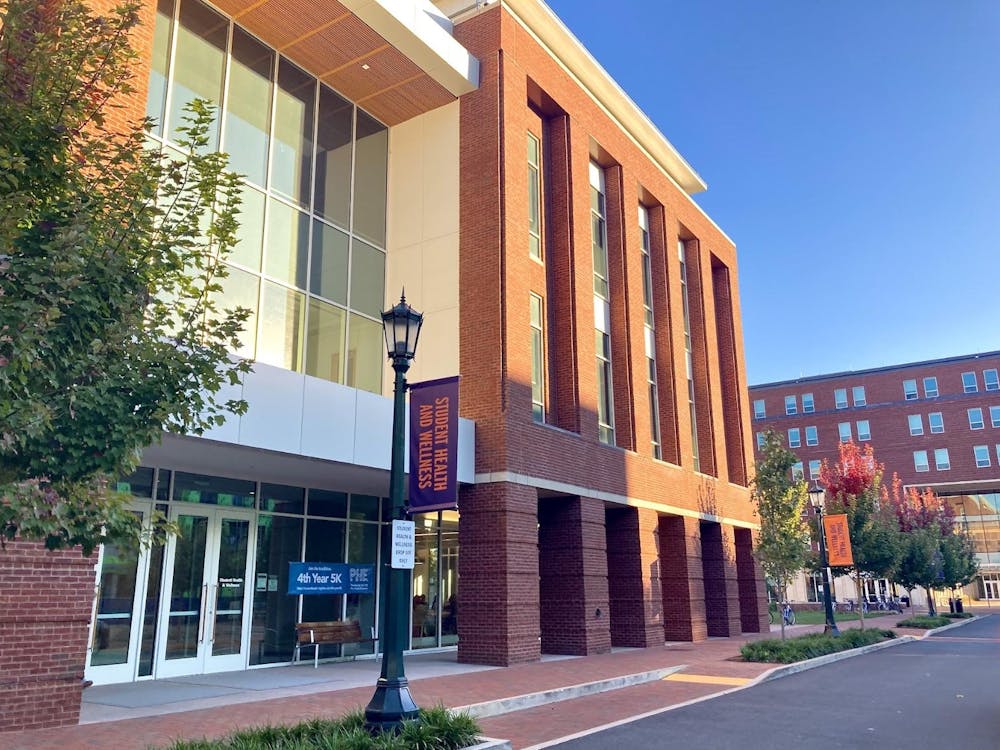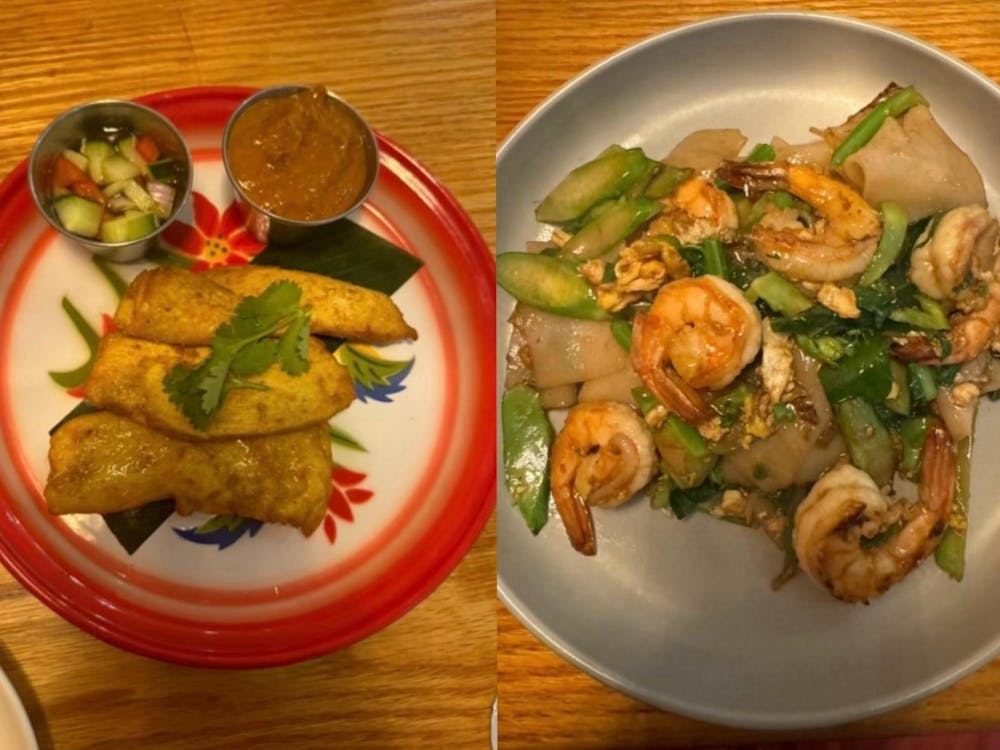University alumnus William Bennett, a member of the Class of 2000, returned to Charlottesville this summer to follow his passion and sing opera with the Ash Lawn Opera program. The Cavalier Daily caught up with Bennett to discuss his time at the University and his unique road to opera.
Q: Tell me a little bit about your singing career.
A: I grew up singing. I sang in the church choir and I actually started taking voice lessons when I was in seventh grade to try to make the lead in the high school show choir and I was captain of the soccer team and the tennis team and it was just a natural fit to do the musical theater stuff as well. But it wasn't until I got to Virginia and started taking lessons that I learned classical singing technique.
Q: So you were in the Engineering School at the University, correct?
A: Yes, I came straight into the Engineering School which definitely demanded some time but I knew that I wanted to have other stuff to do outside of engineering as well and there was plenty of singing opportunities. I actually got rejected from the VGs [Virginia Gentlemen], which was a hilarious experience because they were ultimately all my friends. It's such a small community. That was my first audition first year, and then I sang for the Glee Club. I got into the Glee Club and right away started singing solos. I think I sang in something like 80 concerts with the Glee Club and University Singers, both of which are more classical and traditional music.
Q: Where did you move after you graduated?
A: It was an amazing spring of my fourth year because I did the on-campus interviewing stuff and I did well and I got some job offers. I got a really competitive offer from the Clorox Corporation in Oakland, California to do marketing and I had about a week to consider that offer and during that week I flew to Chicago, auditioned for a master's program in voice and got a scholarship and said yes. So it was just like life thrown at me real fast. My thinking was that I could come back to engineering and I felt, as a fourth year, that whatever my next step is it's going to be so massively important. And I guess that's true in someway but its also just another year so I decided to just try it out.
Q: What was the auditioning process like for Ash Lawn Opera?
A: I had just flown to New York and had a lesson the day before. It was over the winter sometime so it was well before the [Ash Lawn Opera] festival. They have a couple of days of auditions. They say they audition about 200 singers and select 16 of us ultimately.
Q: When was it that you decided to make the return to Charlottesville?
A: I had been doing a couple of summer programs around. I guess the coolest one was at the Chautauqua Institute in New York. It's funny I actually studied the institute in my [Utopias and Society] class in the Engineering School. I was part of the voice school there for the last couple of years and the instructors and conductors that come through there are just world- renowned.
It was a good experience, but it was still school -- Ash Lawn is a professional opera company and I'm [definitely] the small fish which is great because then I have a peer group of amazing and talented people who are doing what I'm doing at different levels and with different skill sets and I can just watch that all go down.
Q: Did you ever see yourself going down this path when you were in the Engineering School? Were you thinking in the back of your mind that you were going to be an opera singer?
A: Definitely not. I toyed with the idea of trying to pursue singing a little bit more in some sort of extra-curricular fashion but I definitely was not into opera while I was here. It just seemed a little self-serving and loud, all the things that we think of when we think of opera, just sort of fake. And also I didn't think I'd be very good at it because it's a combination of so much stuff, it's not just the acting that's got to be on, it's also the musicality and it's also volume. The people that really do this stuff at like The Met are giants, they're just massive and they put out huge amounts of sound. But through training and time you learn to make the most efficient use of what you have. As time goes on I learn more about what my natural talents are and also what my deficiencies are and what I need to work on.
Q: Are you ultimately glad that you chose this course of action as opposed to engineering?
A: I am. I know that there's an A-track with engineering and that can be a complete rat race to be the best of the best but that was never my aspiration. I think that systems engineering -- well engineering in general, because it's only enough science to solve a problem, it's applied science -- it's a tool to help me out and help me do whatever I want to do with my life and it still does. Even in singing, there's such a process there, there's sort of alone time that you go and work on this puzzle by yourself and then time when you get to perform it and reveal it to your peers. So there are still some parallels there.
-- compiled by Julie Eckert




